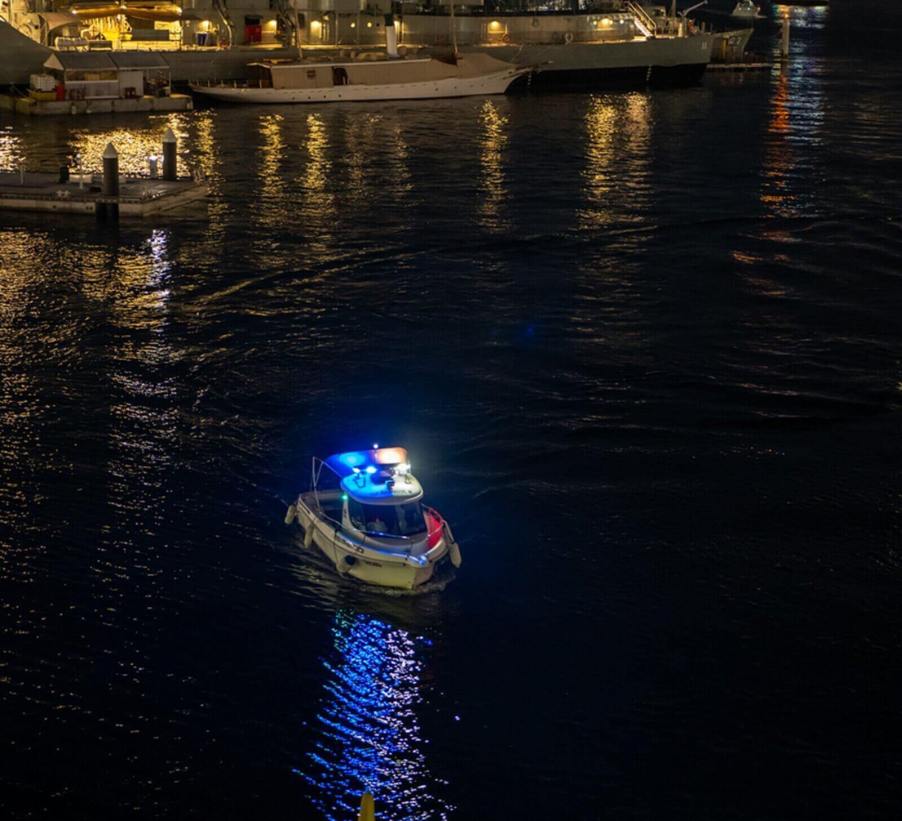
Can the police pull you over and board your boat on the water?
Law enforcement pulls over motorists every day. Cars, trucks, SUVs, motorcycles, and even commercial vehicles. However, police officers also patrol waterways like lakes, rivers, and coastlines. So, can a police boat pull you over on your boat, personal watercraft (PWC), or small vessel?
A police boat can pull you over on the water and board your watercraft– for the right reasons
The weather is good and you have no shortage of time off. What do you do? Well, you hitch up your trailer and take your boat to your very favorite waters, of course. However, whether you’re a new boat owner or a veteran sailor, you simply must know the state, local, and federal laws pertaining your your watercraft. After all, a police agency like a sheriff’s department could pull you over on your boat for breaking the law. And nobody wants that.
Incidentally, you can expect a few things. First, you likely won’t see the “berries and cherries” lights on the water. No, blue is the uniform lighting for an emergency vehicle on the water. Much like your experience getting pulled over by law enforcement on the road, a police boat will want you to stop.
According to the American Boating Association, law enforcement is likely to order you to “heave to!” This means officers want you to stop your vessel. After you stop your vessel, a police boat may approach your vessel with bumpers out, issuing orders and preparing to board.
As for the reasons? Well, a police boat may pull you over for an obvious violation like speeding in a low-speed zone or interacting with other vessels in an unsafe manner. However, police may also stop and board your boat for a “safety check.” In a safety check, police officers are likely to inspect your vessel, your passengers, and yourself for proper safety equipment.
It’s not just state and local police, either. The United States Coast Guard (USCG) patrols almost 100,000 miles of American coastline and far out into the country’s bordering oceans. As such, breaking the law offshore might land you in hot water with federal authorities like the Coast Guard.



